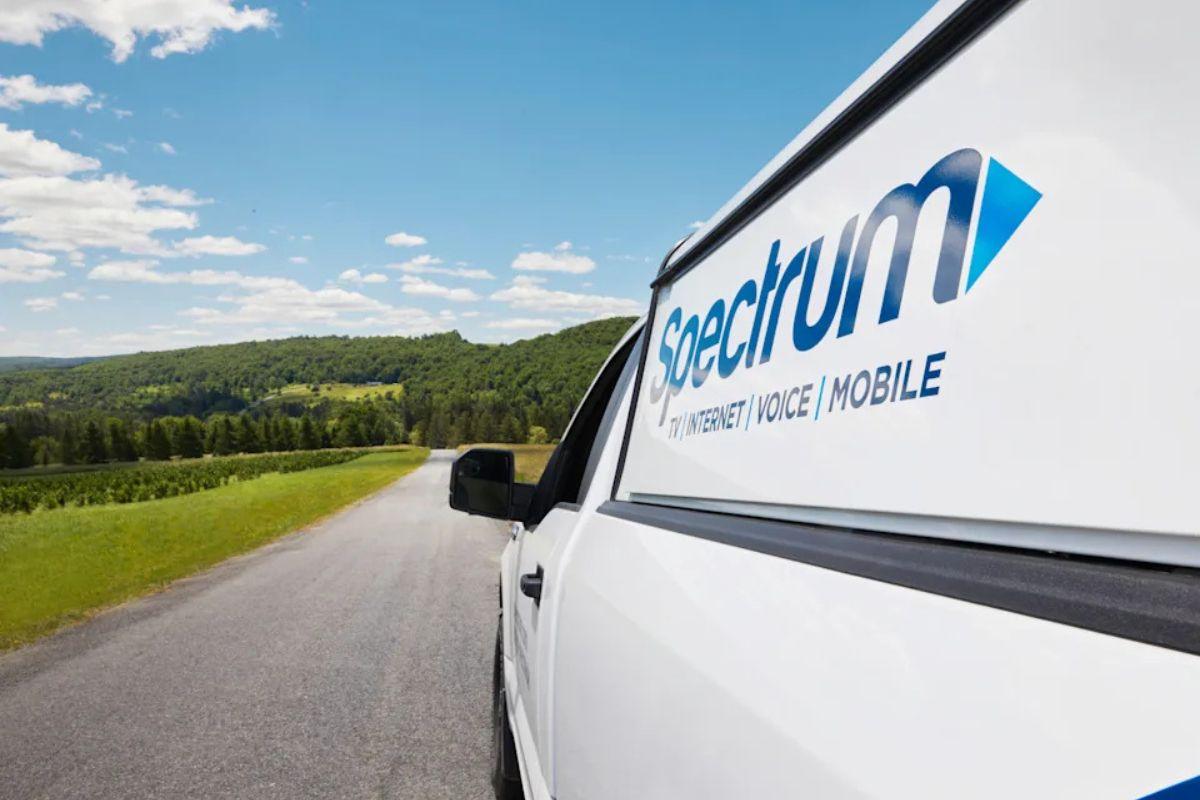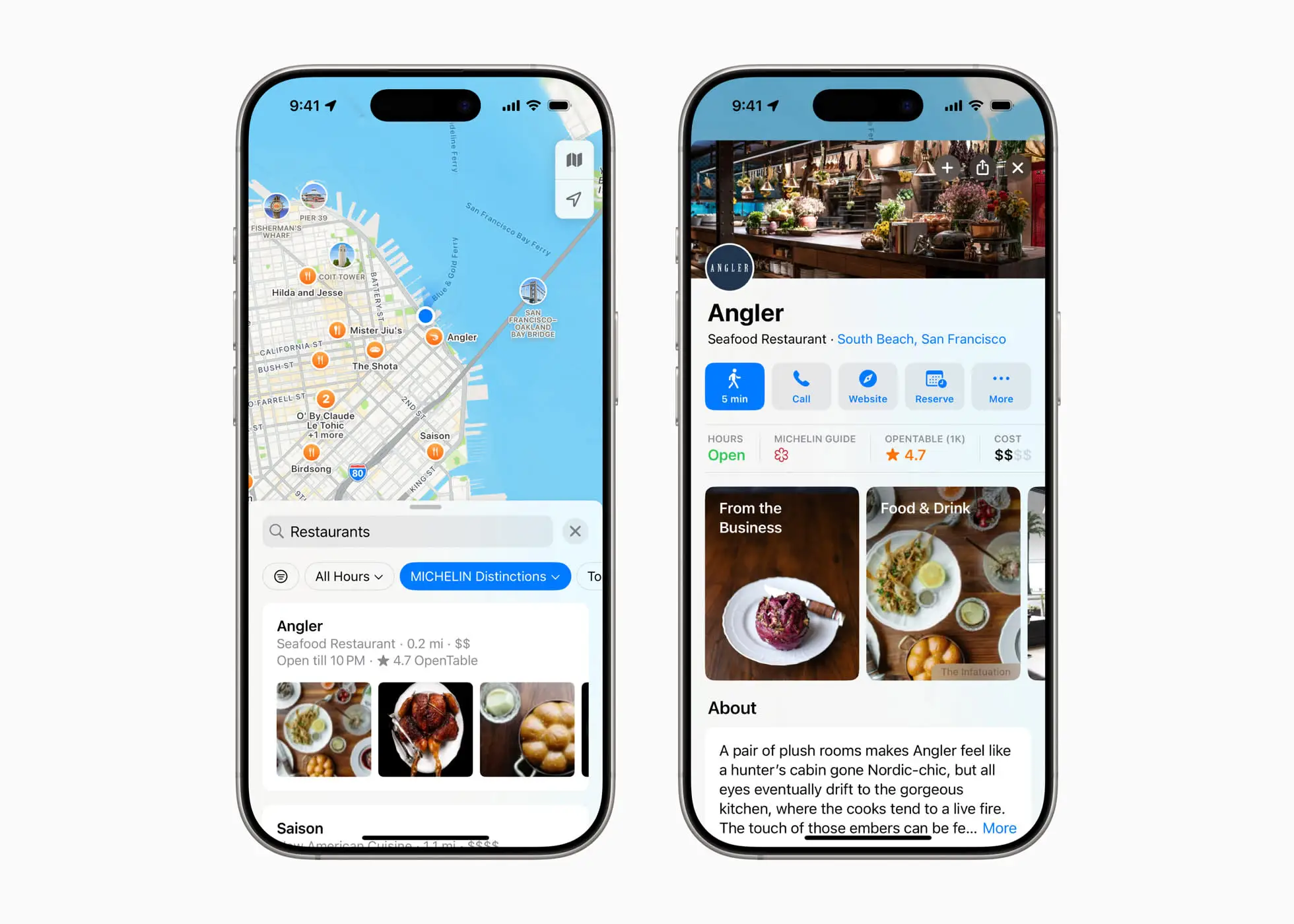The U.S. cable industry is bracing for a seismic shift. In a headline-grabbing move, cable giants Cox and Charter have agreed to a $34.5 billion merger—a deal set to reshape the competitive landscape of American broadband, video, and mobile services.
For millions of households and businesses, this merger isn’t just another corporate headline; it’s a pivotal moment that could redefine how we connect, stream, and communicate.
Why the Cox and Charter Merger Matters
Imagine a single company serving nearly 36 million broadband customers and reaching almost 70 million homes—more than any other U.S. provider, even surpassing Comcast’s reach.
That’s the scale of the new entity formed by the Cox and Charter merger. The combined company will operate under the Cox Communications name within a year of closing, while Charter’s Spectrum will remain the consumer-facing brand.
But this isn’t just about numbers. The merger is a strategic response to the mounting pressures from streaming giants, wireless carriers pushing 5G home internet, and tech behemoths like Amazon and Alphabet encroaching on broadband turf.
In a market where scale is synonymous with survival, Cox and Charter are betting big on size, efficiency, and innovation.
Breaking Down the Deal: Who Gets What?
Here’s a quick snapshot of the merger’s structure:
| Aspect | Details |
|---|---|
| Transaction Value | $34.5 billion (including $21.9 billion in equity and $12.6 billion in assumed debt) |
| Ownership | Cox Enterprises retains 23% of the merged company |
| Leadership | Charter CEO Chris Winfrey stays; Cox CEO Alex Taylor becomes Chairman |
| Branding | Company rebrands to Cox Communications; Spectrum remains the main consumer brand |
| Headquarters | Stamford, CT (Charter HQ), with a significant presence in Atlanta (Cox HQ) |
| Customer Base | 35.9 million broadband subscribers, 69.5 million passings |
| Cost Synergies | $500 million in annual savings projected by 2026 |

A Telecom Titan Emerges
The combined Cox and Charter will wield unprecedented market power. With 69 million serviceable homes and $26 billion in annual revenue, the new entity leapfrogs AT&T and even edges out Comcast in certain metrics. This expanded footprint means
- Broader Coverage: More Americans—urban and rural—will have access to high-speed broadband, advanced fiber networks, and next-gen mobile services.
- Product Innovation: The merger promises faster rollout of multi-gigabit internet, satellite-based mobile, and localized news content.
- Operational Efficiency: By streamlining procurement and reducing redundancies, the companies expect to save $500 million annually within three years.
Monopoly Fears and Customer Service Woes
Yet, not everyone is celebrating. Critics warn that the Cox and Charter merger could reduce competition in many markets, especially where both companies already dominate local broadband and cable options. Fewer choices might mean
- Higher Prices: With less incentive to compete, prices could creep up, especially in areas with limited alternatives.
- Stagnant Innovation: Monopolistic giants may have less motivation to improve service quality or introduce new features.
- Customer Service Concerns: Both Cox and Charter have struggled with customer satisfaction, often ranking near the bottom in national surveys. Merging two companies with reputations for billing errors and long wait times doesn’t exactly inspire confidence.
Regulatory Scrutiny Ahead
The merger isn’t a done deal. The Department of Justice and the FCC will scrutinize the transaction for antitrust issues and consumer impact.
In an era where reliable internet is as essential as electricity, regulators face a tough choice: foster industry innovation through scale or protect consumers from the risks of unchecked consolidation.
As someone who’s navigated both Charter’s Spectrum and Cox’s services, I’ve seen the best and worst of big cable. Spectrum’s speeds are impressive, but customer support can be maddening.
Cox’s fiber offerings are fast, but pricing and transparency sometimes lag behind. The prospect of a single company inheriting both strengths and weaknesses is both exciting and daunting.
Will the merger deliver on its promises of better service and innovation? Or will it reinforce the frustrations that have long plagued cable customers? Much depends on how the new Cox and Charter entity chooses to invest in its people, technology, and—most importantly—its customers.




